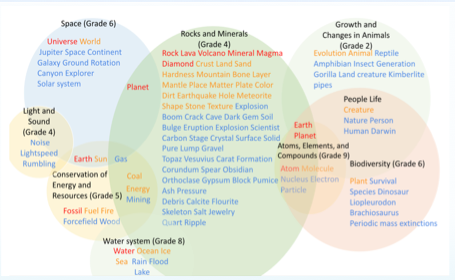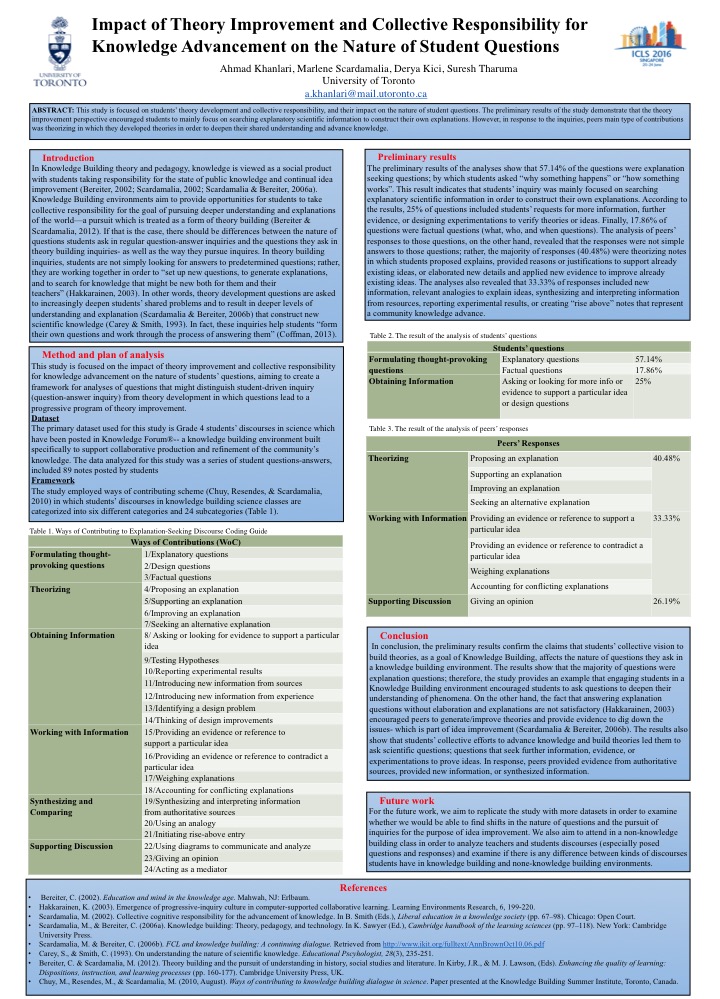The resistance of students’ naive scientific conceptions to ordinary instruction has encouraged the belief that these conceptions are deeply held and that extraordinary measures are required to change them. The present study analyzed Grade 4 students’ discourses about optics in order to uncover students’ level of consciousness of their naive conceptions, their level of commitment to their misconceptions, and their peers’ collective cognitive responsibility to improve those conceptions. The results of this study not only show that students are able to recognize a gap/conflict in their knowledge, but also provide evidence that students willingly seek information to improve their naive conceptions. The study also provides promising evidence that peers may facilitate the process of conceptual change by providing support in various ways.




